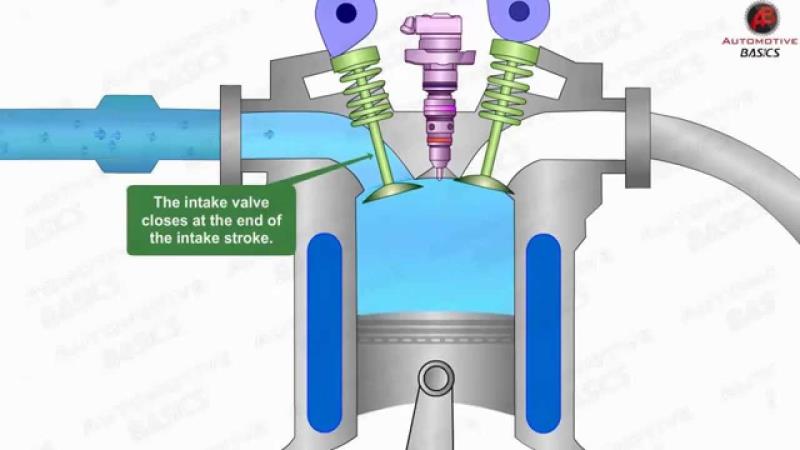Diesel engines have become more popular lately, with annual demand projected to skyrocket to 6.7 percent in the next few years. Related studies further added that global engine sales would see an increase of 5.8 percent per year until 2020.
In the U.S. alone, industrial diesel-powered engines are expected to rise by 55 percent in industry share by 2024. In most cases, people opt for diesel-powered engines because of the peak energy it provides compared to gasoline.
Remember that diesel usually gives approximately 30 to 35 percent more in fuel economy compared to machines powered by gas.
Likewise, diesel engines also have more usable energy and are energy-dense as opposed to gasoline machinery. However, there are several factors every off-road vehicle owner should remember when using a diesel-powered engine.
More often than not, diesel engines are classified into specific standards, particularly Tier 1, Tier 2, Tier 3, and Tier 4. Each engine assumes a critical role in reducing pollutants and ensuring that the machine operates in peak condition.
They are also designed to minimize smog, soot, and other deadly pollutants. These standards also establish a tighter particulate matter to keep the system to run well.
Keep in mind that vehicles that use industrial diesel engines spend significant cash on fuel due to increasing demand from commercial properties. Ask these questions before purchasing a diesel-powered engine to get the best value for your money.
1How Diesel Engines Work?
Advertisement
Diesel engines start quickly due to the preheated combustion chamber found in its overall architecture. Turning the key in the ignition will create sufficient heat in the cylinders, which enables the engines to start in no more than two seconds.
Dissimilar to gasoline, the fuel of diesel engines is sprinkled into the combustion chambers with the help of the fuel injector nozzles.
Moreover, diesel-operated engines also ensure excellent injection pressures and better fuel management, which provide the right distribution of heat to the system.
2Are Diesel-Powered Engines Long-Lasting?
Advertisement
Properly-maintained diesel engines are also durable and can last for a solid three decades.
Usually, diesel engines use larger camshaft, cylinder heads, and crankshaft, which is essential in ensuring a smooth oil clearance. Take note that well-lubricated parts will mean less wear and tear on the components of the engine.
Interestingly, diesel engines are also driven by gears, which prevents the stretching or breaking their chains.
Best of all, diesel engines also have thermostats and a wide range of sensors, which work conjointly to prevent overheating and ensure the continuous flow of coolants through the system.
Bear in mind though that diesel engines need some special care. For starters, every off-road vehicle operator should run their engines regularly to avoid starting problems.

Image Source: ytimg.com
3Why Use Diesel Engines?
Advertisement
Unlike gasoline, diesel engines use a compression-ignition mechanism that needs more compression to heat the air instead of using spark plugs.
Through this mechanism, diesel engines release more energy and need lesser fuel, which is an excellent way of saving money. Also, diesel engines emit more torque than gasoline and have a great resale value, thanks to its durability.